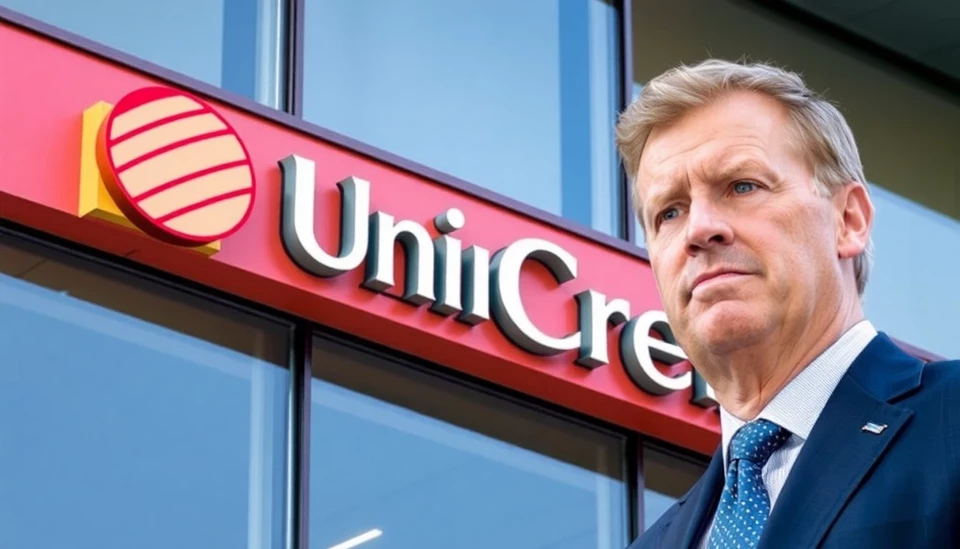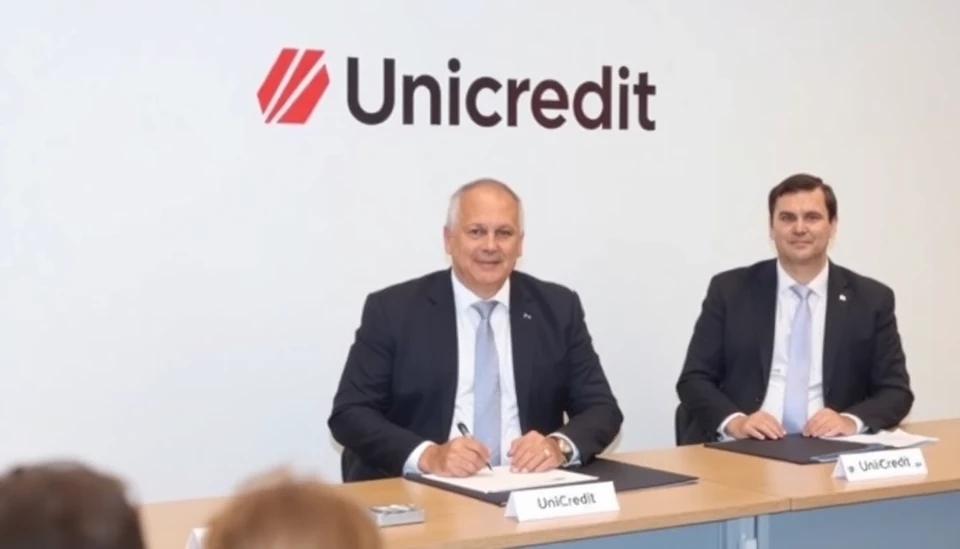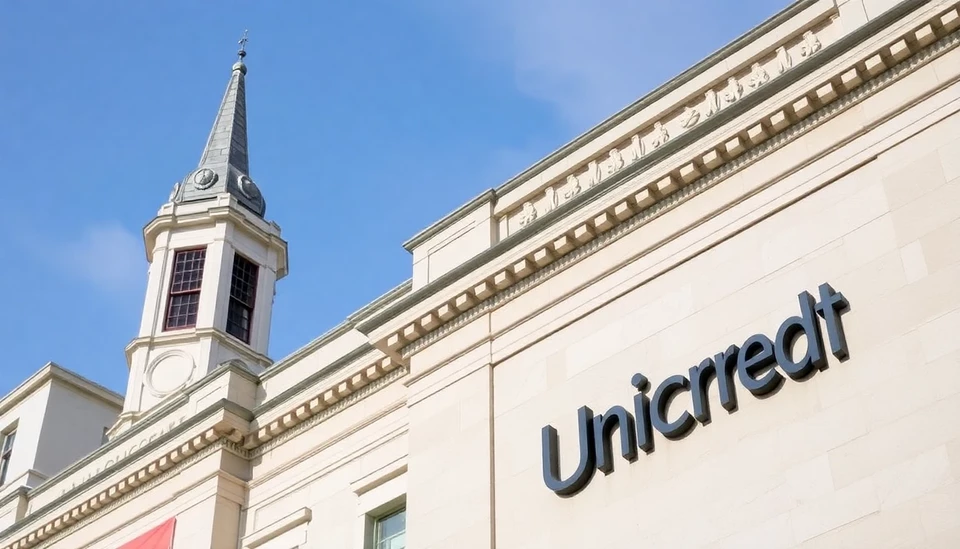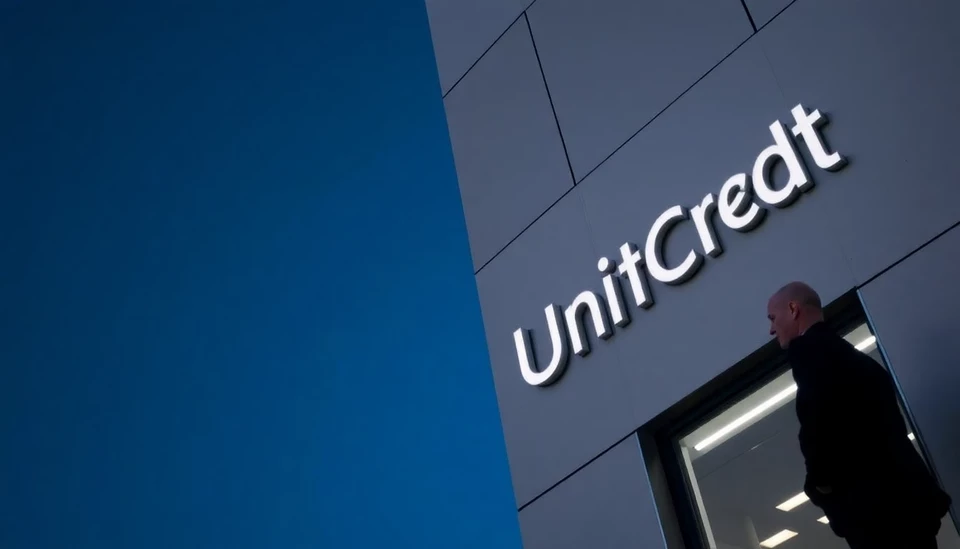
In a surprising turn of events, Andrea Orcel, the CEO of UniCredit, has encountered significant backlash from Germany regarding his ambitions to merge with Commerzbank. This surprising reaction underscores the complex dynamics of European banking consolidation, particularly in a landscape still characterized by national interests and political sensitivities.
Orcel, who has a rich background in investment banking and a vision for UniCredit to expand its footprint, believed that acquiring Commerzbank would create a powerhouse in the European banking sector. The merger was planned to enhance competitive strength and profitability, tapping into the synergies that could be gained from the union of these two long-established institutions.
However, as reports surfaced indicating that Orcel was seriously considering this acquisition, a wave of criticism emerged from various German political factions. Concerns primarily revolve around the prospect of such a merger dismantling crucial components of Commerzbank’s operations, which are seen as vital to Germany's economic landscape. Lawmakers fear that the deal could lead to job losses, weakened service provisions to local customers, and ultimately jeopardize the stability of banking services in Germany.
The backlash wasn’t limited to political commentary; it also included notable criticism from labor unions and economic experts. Many highlighted that Orcel’s vision might overlook the specific needs of the German market and the intricate socio-economic fabric that Commerzbank supports. The potential for job cuts and a shift in operational focus raised alarms about how a merger would impact banking services for ordinary citizens and small businesses in Germany.
Responding to the outcry, Orcel emphasized that his plan is not solely about strengthening UniCredit but also about maintaining a commitment to improve and expand services across the regions they operate in. He reassured stakeholders that their jobs and the integrity of Commerzbank's business operations would remain a priority if the merger were to proceed.
This situation highlights the broader context of banking in Europe, where national pride and economic sovereignty often come into sharp conflict with the push for consolidation among financial institutions. While Orcel may have been optimistic about the potential benefits of marrying two significant banks, it seems the reality of national sentiment and labor considerations in Germany has prompted a re-evaluation of the proposal.
As UniCredit navigates this turbulent landscape, all eyes will be on how Orcel manages the relationship with both the German government and Commerzbank stakeholders. The outcome could set a precedent for future banking mergers across Europe, prompting a debate around the balance of power between national interests and corporate ambitions.
The road ahead remains uncertain, with Orcel needing to address these concerns head-on if he hopes to turn his ambitious visions into reality. With mounting pressures from various fronts, it will be interesting to see how UniCredit responds to the backlash and whether this merger can be salvaged or if it will ultimately fizzle under the weight of nationalistic resistance.
#UniCredit #Commerzbank #AndreaOrcel #BankingNews #MergersAndAcquisitions #Germany #Finance #EconomicImpact
Author: Samuel Brooks




